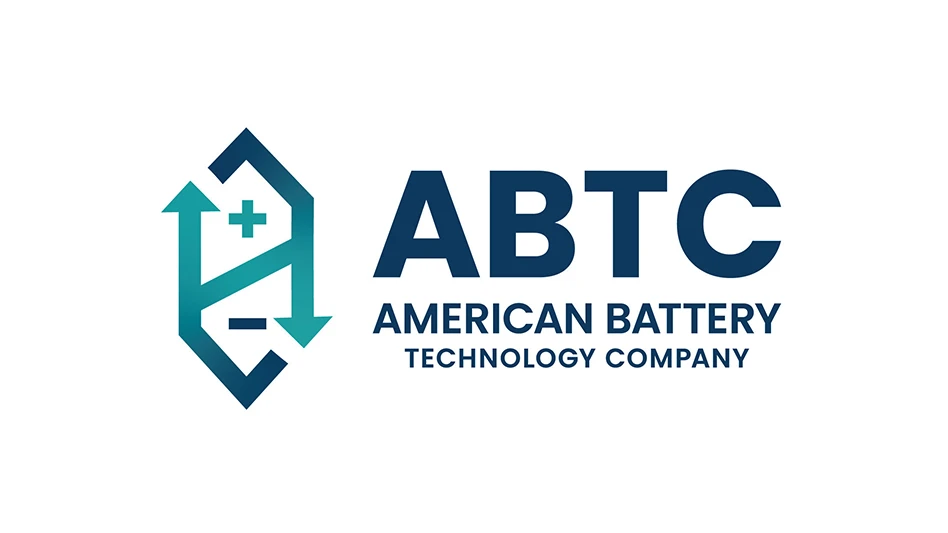The Solid Waste Association of North America (SWANA), SIlver Spring, Maryland, has submitted comments to the World Trade Organization urging China to delay implementation of its waste import restrictions scheduled to take effect in early 2018. SWANA’s request is included in its response to the November 15 Notification from China’s Ministry of Environmental Protection (MEP).
SWANA’s comments highlight the significant impact China’s waste import restrictions have already had on municipal solid waste recycling programs in parts of the U.S. and Canada, urging the Chinese government to suspend the implementation of the restrictions until no earlier than Jan. 1, 2022.
“With 2018 nearly upon us, recycling programs from coast to coast are being adversely affected by China’s actions,” David Biderman, SWANA executive director and CEO, says. “Plastic film is being warehoused, recyclables in Oregon are going to landfills and the uncertainty created by China’s actions has created a significant disruption. While we call on China to postpone implementation, we also call on recycling companies and local governments to ensure they are generating high-quality material that satisfies legitimate environmental concerns. This may require investment in additional equipment or personnel, slowing down the line and increasing and improving education to residents and business.”
The proposed 0.5 percent contamination standard for waste imports was proposed without seeking input from any foreign stakeholders and is not based on any internationally accepted standard or specification. SWANA requests that MEP explain the basis for the carried-waste 0.5 percent contamination standard.
“The proposed contamination standard is not practical to achieve even at the most state-of-the-art facilities in North America,” Jeff Murray, SWANA international president, says. “While modifications to the collection, sorting and processing of mixed residential recyclable materials can improve the quality of the feedstock produced, it will be unable to achieve the levels the Chinese have proposed. The proposed implementation schedule is unfair, and we are seeking more time to assess potential changes and what standard can be achieved.”
SWANA’s comments express strong support for China’s efforts to protect and improve their environmental conditions. In their comments, SWANA also requests the Chinese government meet with industry stakeholders from the U.S., Canada and other exporting countries to develop a mutually satisfactory carried-waste contamination standard and a timeline for implementation in order to help China achieve its overall environmental health objectives.
“China’s actions are affecting recycling operations throughout Canada, and I am very pleased that SWANA is taking the lead raising concerns with the WTO, China and the Canadian government,” Allen Lynch, SWANA’s Canadian representative, says.
Latest from Recycling Today
- Circular by Shapiro releases "5 for Five" sustainability series
- Graphic Packaging set to close Ohio CRB facility
- Ameripen voices support for Maryland EPR bill
- Matalco to close Canton, Ohio, plant
- Maryland county expands curbside recycling to include electronics
- California EPS ban will be enforced
- YKK AP America introduces BetterBillet
- Fresh Perspective: Cameron Keefe







